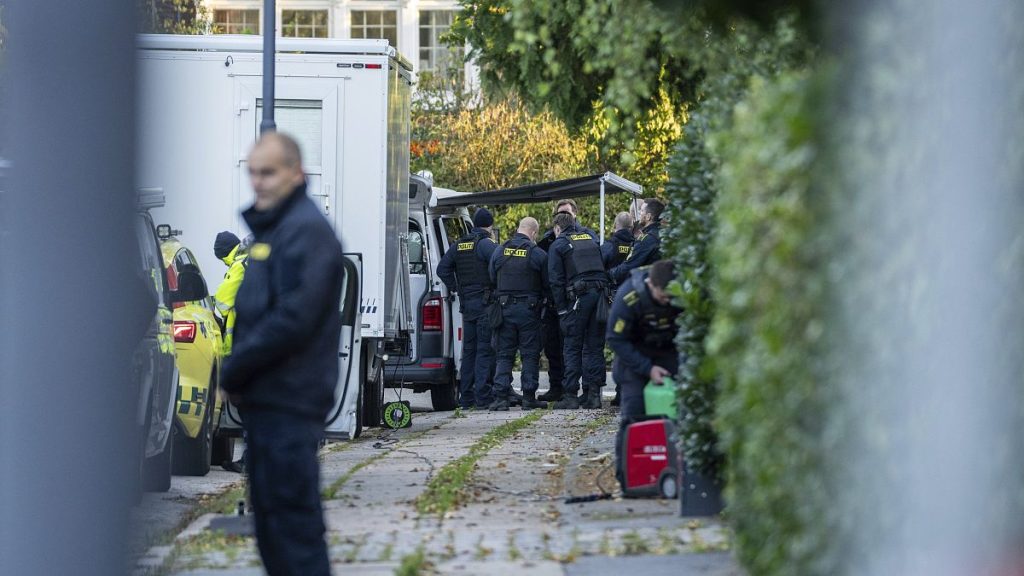Two Swedish teenagers have been arrested in connection with two explosions near the Israeli Embassy in Copenhagen. The motive for the explosions is being investigated to determine if it was a terror attack. The explosions caused damage near the embassy, but no one was injured. The suspects, aged 16 and 19, have been charged with possessing illegal weapons and carrying hand grenades. They were ordered to be held in pre-trial detention for 27 days. The suspects were arrested at Copenhagen train station and a third suspect, aged 19, was released.
The suspects denied the charges and the preliminary hearing was held behind closed doors. Danish broadcaster DR reported that the teenagers are suspected of acting in association and prior agreement with other perpetrators. The explosions occurred in a neighborhood where several foreign diplomatic missions are located, causing concern about the safety of Jewish schools in the area. Shots were also fired at the Israeli Embassy in Stockholm, with Swedish authorities suspecting a link to Iran. Denmark’s domestic security service expressed concern about the threat of state actors using young criminals to target Jewish locations in neighboring countries.
In response to the incidents, Danish Prime Minister Mette Frederiksen emphasized the increasing danger faced by Jews in Europe due to rising antisemitism. She expressed her commitment to protecting the Jewish minority in Denmark and highlighted the authorities’ efforts to ensure their well-being. The involvement of state actors in targeting Jewish locations using criminal networks has raised alarm in Denmark and Sweden. The role of Iran in potentially orchestrating attacks on Jewish targets through criminal proxies has further heightened security concerns in the region.
The arrests of the two Swedish teenagers in connection with the explosions near the Israeli Embassy have raised questions about the motives behind the attacks. The suspects’ possession of illegal weapons and hand grenades underscores the severity of the situation. The incidents in both Copenhagen and Stockholm have highlighted the vulnerability of Jewish communities in Europe to targeted attacks. The need for increased security measures and vigilance in safeguarding Jewish locations has been emphasized by authorities in response to the escalating threats.
The possible connection between the attacks and state actors using criminal networks to carry out attacks on Jewish targets has underscored the complex security challenges faced by European countries. The involvement of young criminals in carrying out these actions on behalf of external actors has raised concerns about the potential for further incidents. The authorities in Denmark and Sweden are working together to investigate and address the threats posed by these attacks. Efforts to combat antisemitism and protect Jewish communities in the region have been intensified in response to the recent incidents. The close monitoring of potential threats and collaboration between security agencies will be crucial in ensuring the safety and security of all vulnerable communities in Europe.


